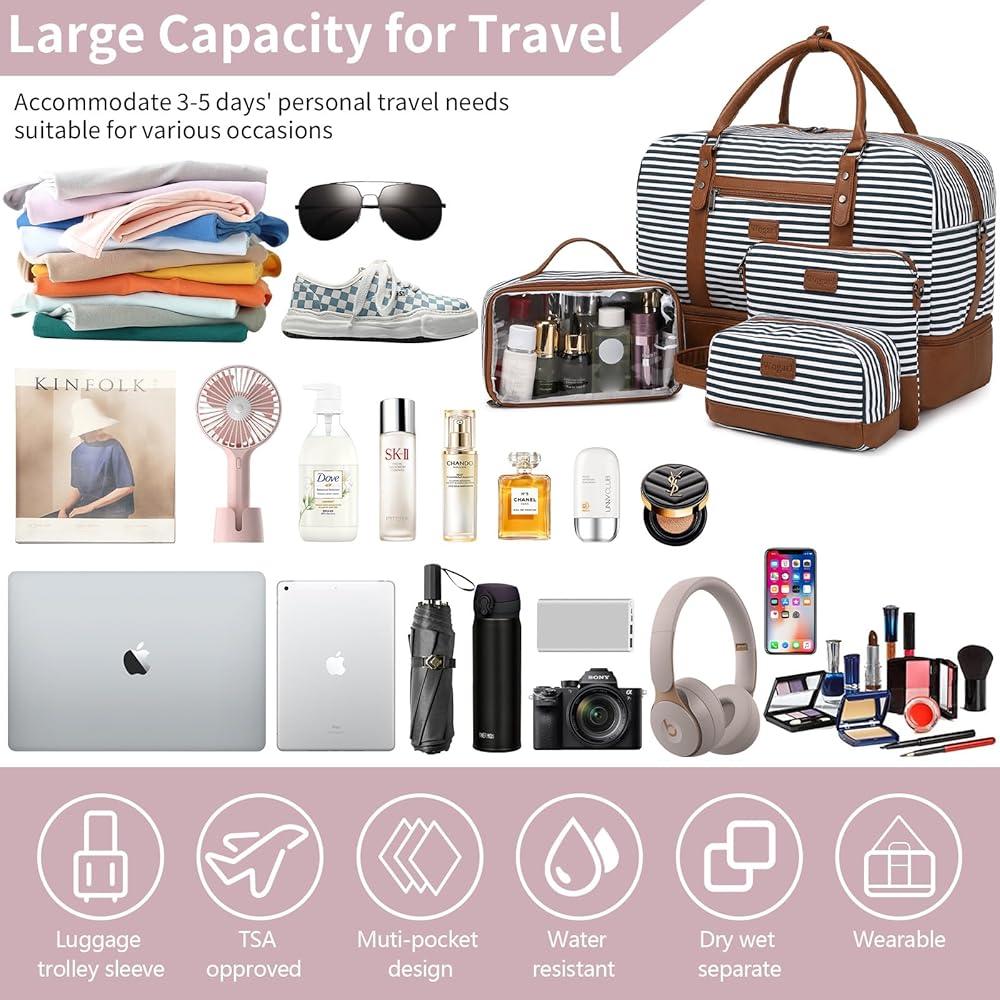Traveling can be an exciting adventure, filled with new experiences and memories. However, it also comes with uncertainties and risks. This is where travel insurance comes into play. Many travelers wonder if it’s really necessary to purchase a travel insurance policy before embarking on their trips. In this article, we will explore the key aspects of travel insurance, what it covers, and how to determine if it is right for you. By understanding the benefits and potential drawbacks, you can make an informed decision that suits your travel plans and peace of mind.
Table of Contents
- Understanding the Basics of Travel Insurance
- Assessing Your Personal Travel Needs
- Comparing Different Types of Travel Insurance Policies
- Making Informed Decisions for Your Journey
- Key Takeaways
Understanding the Basics of Travel Insurance

Travel insurance serves as a safety net for your adventures, offering you peace of mind as you explore new destinations. It typically covers a range of unforeseen events that can disrupt your travel plans. Understanding what each policy includes helps ensure you choose the right coverage for your needs. Key components often found in travel insurance policies include:
- Trip Cancellation: Reimburses non-refundable expenses if you cancel due to unforeseen circumstances.
- Medical Coverage: Covers medical expenses incurred due to illness or injury while traveling.
- Lost Luggage: Helps with the cost of replacing belongings if your luggage is lost or stolen.
- Travel Delays: Compensates for additional expenses incurred during unexpected delays.
To help you assess the necessity of travel insurance, it can be useful to compare the potential costs of coverage against the risks involved in your trip. Consider factors such as your destination, activities planned, and your own health. Below is a simple comparison table highlighting different scenarios and their potential risks:
| Scenario | Potential Risk | Insurance Relevance |
|---|---|---|
| International Trip | Medical Emergencies | High |
| Domestic Road Trip | Vehicle Breakdown | Medium |
| Adventure Sports | Injury | High |
| Business Travel | Trip Cancellation | Medium |
Assessing Your Personal Travel Needs

Before diving into the world of travel insurance, it’s important to evaluate your personal travel needs. Consider the following factors that may influence your decision:
- Type of Trip: Are you going on a short getaway, an extensive journey, or a high-risk adventure?
- Health Considerations: Do you have pre-existing medical conditions that may require special attention during your travels?
- Destination: Is your travel destination known for its healthcare facilities and safety records?
- Duration: How long will you be away? Longer trips may benefit more from comprehensive coverage.
- Travel Costs: Are you investing a significant amount of money in your trip that you would be at risk of losing?
Additionally, reflect on your travel experience and comfort level. For instance, if you frequently travel and feel confident managing unexpected situations, you might prioritize saving on insurance costs. Conversely, first-time travelers or those heading to unfamiliar territories might find peace of mind in having robust coverage. Evaluate important areas such as:
- Cancelation Policies: Are you okay with the risk of losing money if plans change?
- Risk Tolerance: Are you comfortable with potential medical or personal emergencies while abroad?
- Travel Companions: Are you traveling solo, with family, or a group, and how does this impact your insurance needs?
Comparing Different Types of Travel Insurance Policies
When exploring travel insurance options, it’s essential to understand the various types of policies available to ensure that you choose one that suits your needs. Comprehensive travel insurance offers broad coverage, including trip cancellations, lost luggage, and medical expenses. This type is ideal for travelers embarking on lengthy trips or those who may face significant financial loss from unexpected events. Conversely, basic travel insurance provides essential coverage primarily focused on trip cancellations and limited medical benefits, making it a more affordable option for short trips. Specialty insurance policies, such as adventure sports coverage or cruise insurance, cater to specific risks associated with particular activities or travel modalities, ensuring you are protected against unique circumstances that may arise during your journey.
It’s also important to compare the deductibles, coverage limits, and exclusions between different policies. To facilitate your decision-making, refer to the table below, which highlights key features of various travel insurance types:
| Policy Type | Coverage Features | Ideal For |
|---|---|---|
| Comprehensive | Broad coverage, including cancellations, medical, and luggage loss | Long trips and valuable investments |
| Basic | Limited protection, focusing on cancellations and essential medical | Short trips on a budget |
| Specialty | Specific to activities like sports or cruises | Adventure travelers or those on cruises |
Making Informed Decisions for Your Journey
When considering travel insurance, it’s essential to evaluate your individual needs and the specifics of your trip. Some key factors to weigh include:
- Your Destination: Different areas have varying health risks and emergency service availabilities.
- Trip Cost: If you’re investing a significant amount, protecting that investment could be worthwhile.
- Activities Planned: Participating in high-risk activities may necessitate additional coverage.
- Your Health Status: Pre-existing conditions can influence the necessity and type of insurance needed.
Travel insurance can serve multiple purposes, offering peace of mind as you explore new destinations. It can cover events such as:
- Trip Cancellation: Recover costs if you need to cancel your trip unexpectedly.
- Medical Emergencies: Get assistance if you encounter a health issue while traveling.
- Luggage Loss: Provide compensation for lost or delayed baggage.
That said, understanding the terms of coverage is vital. Before purchasing a plan, ask yourself if the benefits align with your travel plans and risk tolerance. Ultimately, making an informed decision about travel insurance can help safeguard your journey and allow you to focus on enjoying your adventure.
Key Takeaways
travel insurance can be a valuable tool for travelers looking to protect themselves from unexpected events. Whether it’s a medical emergency, trip cancellation, or lost luggage, having the right coverage can provide peace of mind. However, it’s important to assess your own travel habits, destination, and potential risks before deciding if it’s necessary for you. By weighing the pros and cons, you can make an informed choice that best fits your needs. Safe travels!



